A thrilling and demanding activity that improves skill, strength, and endurance is bouldering. It's also a fantastic way to unwind and reduce stress.
But it's crucial to take days off. Without a day off, climbing daily can put strain on your body and lead to injury.
Elite climbers usually work a regimen of two days off and three days on. This enhances performance by enabling muscle recovery.
It's not awful.
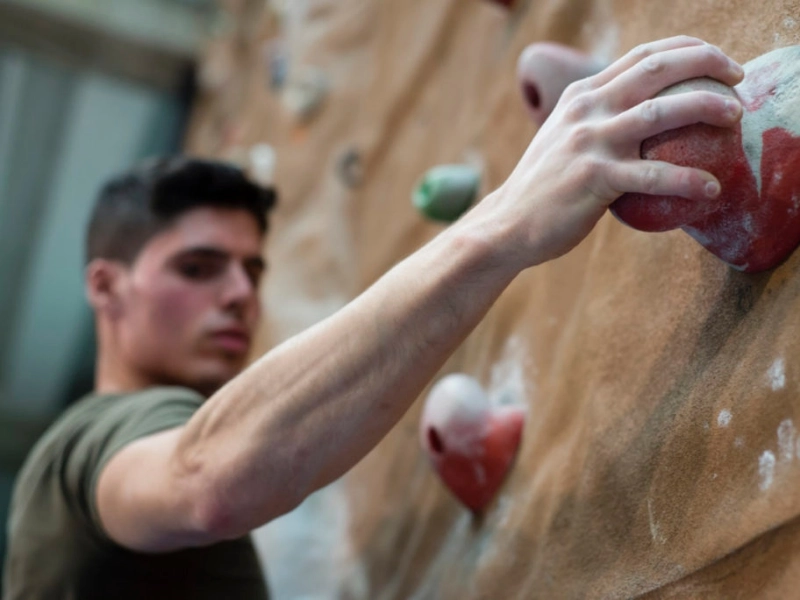
Bouldering is an enjoyable and fulfilling kind of exercise, regardless of your level of experience. It works your muscles and promotes the development of muscle endurance, in addition to offering an excellent cardiovascular workout. It's also a fantastic way to unwind and interact with friends.
Bouldering stimulates the problem-solving part of your brain, making it a great exercise for mental wellness as well. To succeed, you'll need to try out various strategies and use creative thinking to tackle the issues you encounter. Because of this, it's a very engaging sport that will help you forget about your problems.
It's crucial to keep in mind, though, that the harder your bouldering workout, the longer you'll need to recover. As a novice, it's ideal to limit your climbing to two to three sessions per week and make sure you get enough rest in between. To enhance your recuperation and increase your frequency of bouldering, think about performing a low-impact workout on your days off.
It's not very good.
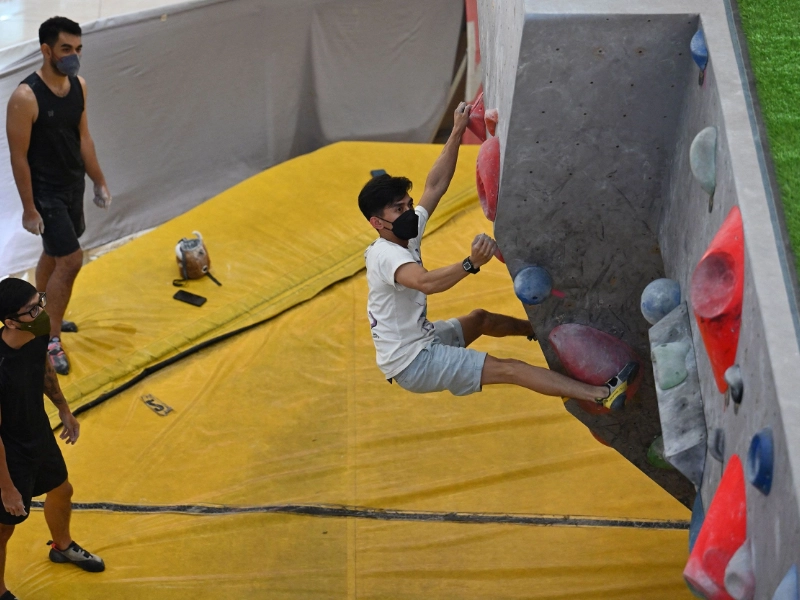
Climbing is a physically demanding sport that uses a lot of energy. Rest days are crucial for recuperating from bouldering sessions and ensuring adequate sleep. Hiking and biking are two excellent low-impact activities to do on rest days. These workouts will increase blood flow, strengthen your ankles and feet, and increase your caloric expenditure.
Bouldering also has a positive impact on your mental health. It directs your attention to the issue at hand and activates the problem-solving area of your brain. It also improves muscular endurance, which is the capacity of a muscle group to contract for an extended length of time in the face of resistance.
Bouldering is also a lot of fun! It is a social pastime, and you frequently see individuals getting together at the gym to exchange suggestions (also known as "beta") or discuss the most recent issue they have solved. Because of this, bouldering is an excellent physical and mental exercise.
It's not required.
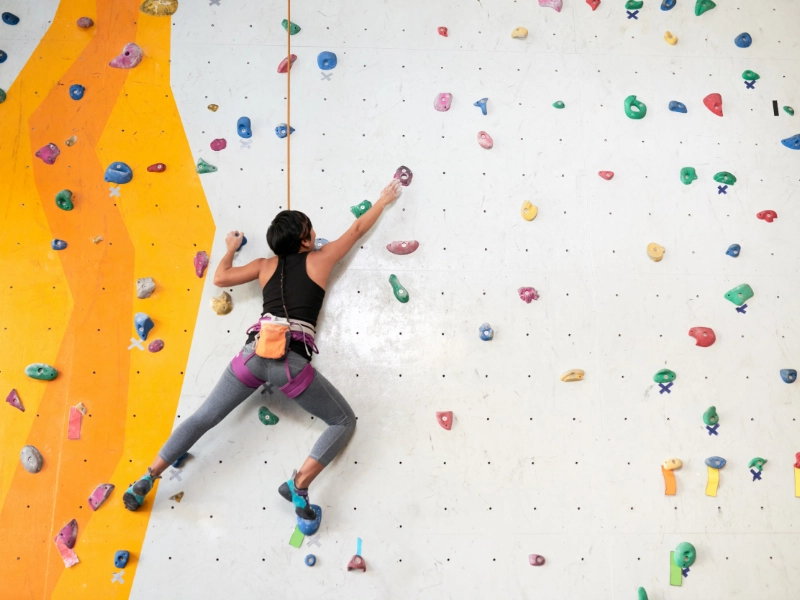
Crash mats made to absorb falls make bouldering inside gyms relatively safe, but there's always a chance of getting hurt outside. Furthermore, it's easy to overdo bouldering if you're not careful, which might result in sprains and injuries.
Until their tendons have adjusted to the activity, beginners should refrain from bouldering every day. Tendons require more time to adjust to increased stress than muscles, which heal more quickly. Tendonitis is a disorder brought on by overuse that can take months to heal.
Bouldering develops endurance and calls for a high level of problem-solving abilities. Climbers ought to make an effort to follow a rotating training plan that switches up the level of difficulty of their bouldering sessions every week.
Although three days on and two days off is a reasonable regimen, each climber must choose what works best for them. Just remember to pay attention to your body and take days off when necessary.
It's enjoyable
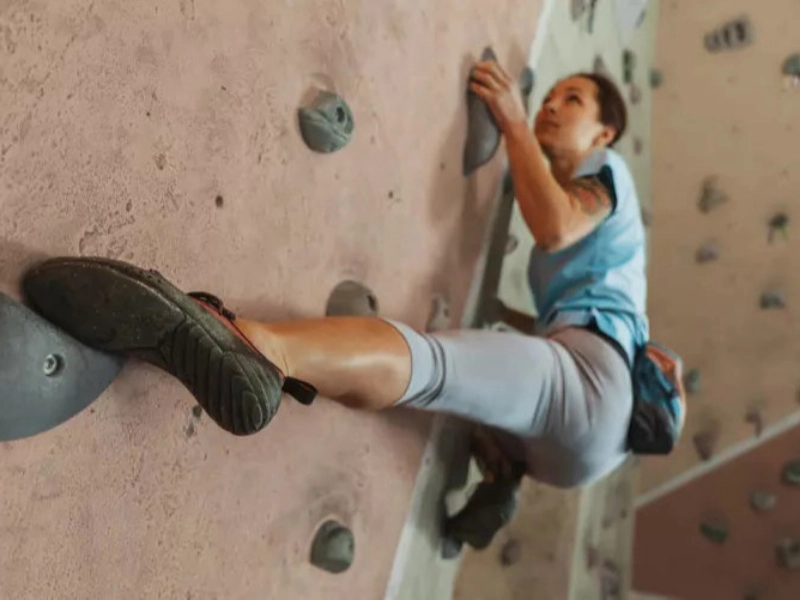
Bouldering is an enjoyable, group exercise that can provide a different kind of physical challenge. Climbers refer to this as "topping out," and it's typically done in a group setting with one or more spotters to catch you if you fall.
Bouldering does not require a belay partner, in contrast to roped climbing. Crash cushions are a common feature of bouldering gyms, helping to cushion falls and guard against injuries like damaged wrists and ankles.
Bouldering stimulates problem-solving and risk-taking, which is a fantastic mental exercise. It also offers a host of health advantages, such as enhanced endurance, strength, and balance. The best aspect is that bouldering may be a risk-free activity for all skill levels, including those with little to no prior fitness background. Just remember to keep below your maximum V grade and pay attention to your body's signs of exhaustion or pain. Ignoring these warning indicators can only lead to harm and the formation of negative habits. Taking breaks is essential to prevent overtraining.




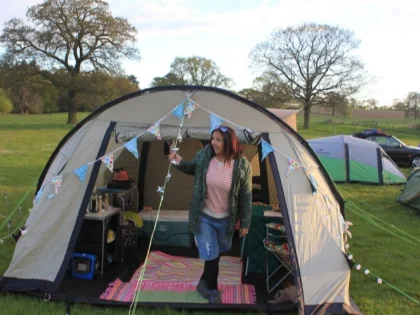


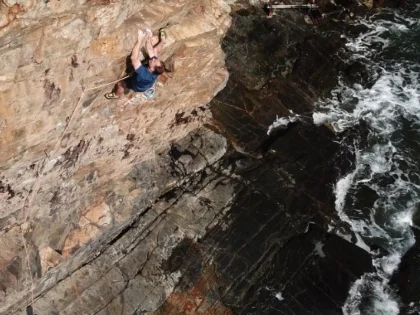









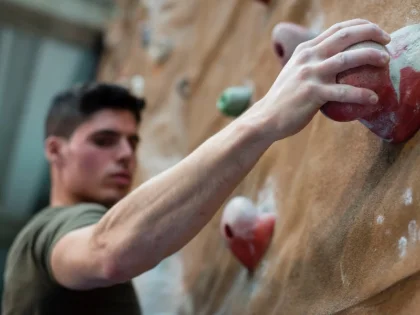



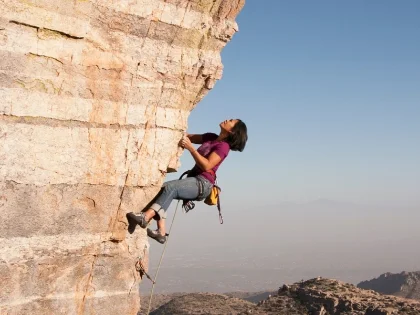
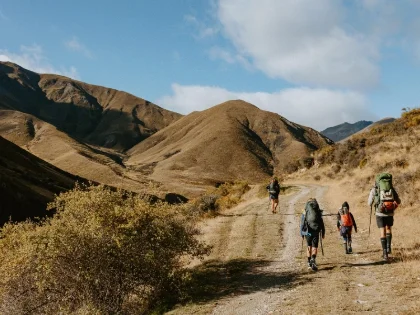
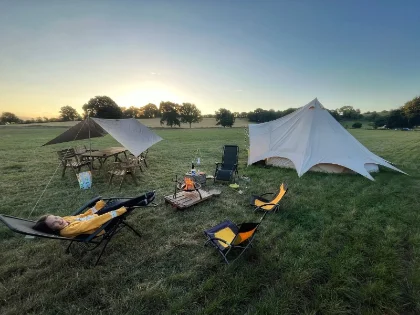
Comments
Leave a Comment
Your email address will not be published. Required fields are marked *